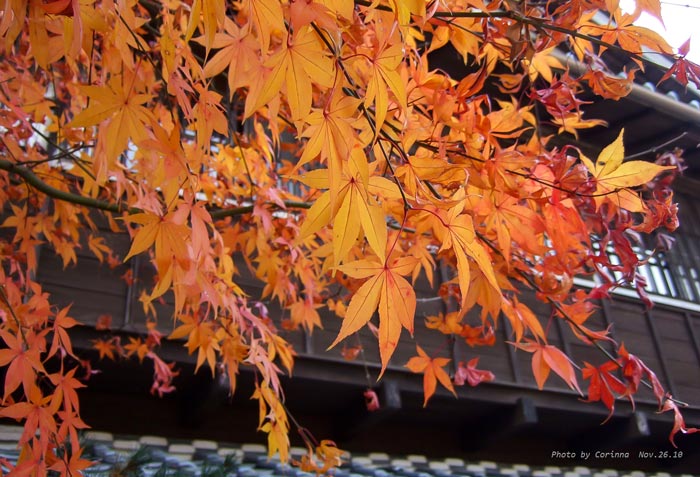


To pay homage to someone—for example, by doing prostrations with devotion—is indeed a great virtue. However, some people pay homage to deities and buddhas because they want something in return, without any deeper understanding of why they are doing it or the purpose behind paying homage through prostration.
From the Buddhist perspective, to pay homage in prostration is an expression of respect for buddhas and bodhisattvas. In Taiwan, many people also like to pay homage to Lord Guangong (關公), Goddess Mazu (媽祖), and even the Earth Deity (土地公 tu-di-gong). We should know that Mazu was a very caring daughter, so paying homage to Mazu is to learn from her spirit of caring for parents and treating them with filial piety. Embodying this spirit is the true meaning of paying homage to Mazu.
When paying homage to Lord Guangong, we should understand who Guangong was, and why we honor him. According to historical records, Guangong was loyal and righteous throughout his life, and renowned for his impeccable moral standards. In paying homage to him, we should learn from his spirit of loyalty and righteousness.
The Earth Deity is also known as “the Righteous Deity of Blessing and Virtue (福德正神).In our practice, we must cultivate to accumulate merits, which are obtained by doing wholesome deeds. Without doing wholesome deeds ourselves, no matter how much we pray to the Earth Deity, he will not grant us the blessings of fortune, prosperity, or longevity. If the Earth Deity were to grant wishes to those who offer him some gift, then isn’t the Earth Deity just like a corrupt official? Corrupt officials are not righteous, but evil. Therefore, the true meaning of paying homage to the Earth Deity is to perform all good deeds to accumulate merits. How do we do wholesome deeds? From the Buddhist perspective, we have to take refuge in the three Jewels—the Buddha, Dharma and Sangha—and then take the five precepts: no killing, no stealing, no sexual misconduct, no lying, and no intoxicants. These precepts help us cultivate wholesome deeds. As a rule of thumb, don’t neglect even the smallest wholesome deed, and don’t turn a blind eye to the smallest unwholesome one. Perform all good and do no evil; this is to cultivate the good. If we can follow this practice, regardless of whether we pay homage to Lord Guangong, Goddess Mazu, or the Earth Deity, we will surely become inspired by them and eliminate our bad karma.
The essential meaning of paying homage in prostration is to cultivate respect and repent our wrongdoings. We all make mistakes. Before buddhas, bodhisattvas, and deities, we can confess and reflect on our transgressions, feel a sense of contrition, and vow to amend them. If we can have a heart of great respect, along with willingness to improve, we will certainly eradicate our karmic hindrances and increase our merits and wisdom. Accordingly, we will succeed in all that we do. Further, to pay homage in prostration is learning from the virtues of buddhas, bodhisattvas, and deities. As the Confucian saying goes, “On seeing the wise and virtuous, think of emulating them.” We should learn from the spirits and deeds of how buddhas, bodhisattvas, and deities serve and contribute selflessly to society and the general public. This process of learning is truly pay homage in prostration. Only then can we reap any real benefit.
“One takes on the attributes of one’s associates.” When we always stay in the presence of buddhas, bodhisattvas, deities as well as virtuous people, we will think of all their good qualities and deeds. Naturally, we will become influenced by their virtues, thereby establishing a similar character. In this way, our blessings and merits will also increase. Then, everything we do will go smoothly. This is the true meaning and purpose of paying homage in prostration.